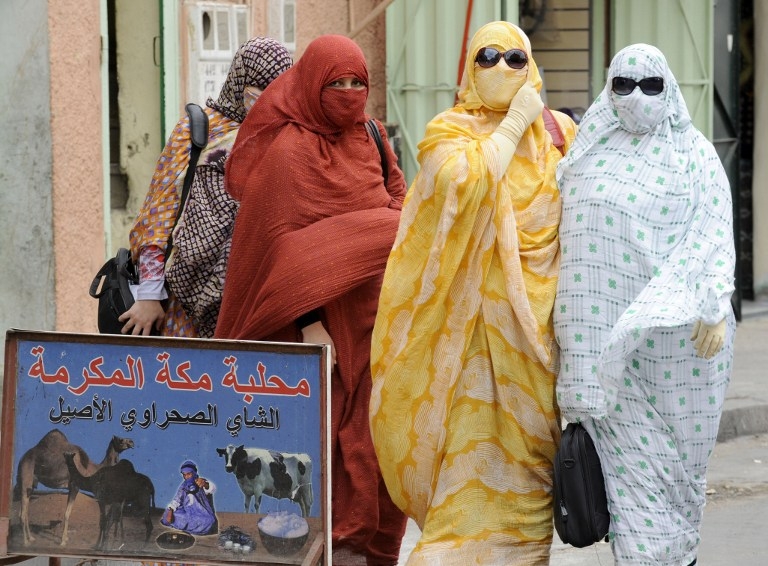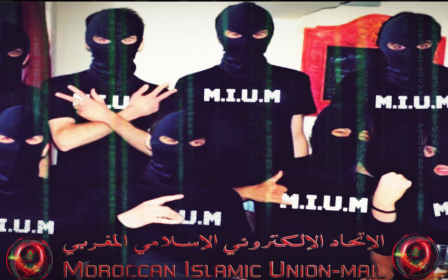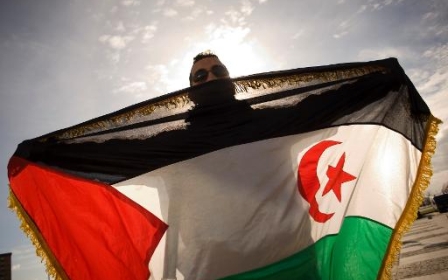Demonstrations dispersed during UN visit to Western Sahara

Moroccan police violently dispersed two pro-independence demonstrations in Western Sahara over a period of 48 hours as a UN human rights delegation visited the region, rights groups said Friday.
They said around 15 people were wounded, but that could not be confirmed by official sources.
In Dakhla, in the south of the former Spanish colony, several dozen activists waving independence flags on Friday tried to gather in a demonstration to coincide with the visit by a delegation from the UN High Commission for Human Rights, according to Elmami Amar Salem, who works for a local NGO.
"The Moroccan police dispersed them by force, and there were three wounded," he said.
Mohamed Amine Semlali, a local representative from the National Council for Human Rights, an official body, declined to comment on the reports, instead calling for "respect for all opinions, whether pro-union or pro-independence, within respect for the law."
New MEE newsletter: Jerusalem Dispatch
Sign up to get the latest insights and analysis on Israel-Palestine, alongside Turkey Unpacked and other MEE newsletters
On Thursday, dozens of people took part in a protest in Laayoune, the main city in Western Sahara, but the police dispersed them, according to Hamoud Iguilid of the independent Moroccan Association for Human Rights.
"Twelve people with various injuries were transported to hospital," he told AFP by telephone.
The UN Security Council on Tuesday adopted a resolution calling for greater respect for human rights in Western Sahara, but did not establish an enforcement mechanism.
Morocco controls most of Western Sahara, which it began annexing in 1975 in a move never recognised by the international community, and which it considers an integral part of its territory.
The Algeria-backed Polisario Front rejects Rabat's proposal of wide autonomy and has campaigned for independence since 1973, fighting Moroccan troops for a decade and a half until the United Nations negotiated a ceasefire in 1991.
The agreement called for residents of Western Sahara to vote in a referendum on independence the following year. However, the vote never took place, with the two sides failing to agree on voter eligibility.
Middle East Eye delivers independent and unrivalled coverage and analysis of the Middle East, North Africa and beyond. To learn more about republishing this content and the associated fees, please fill out this form. More about MEE can be found here.



